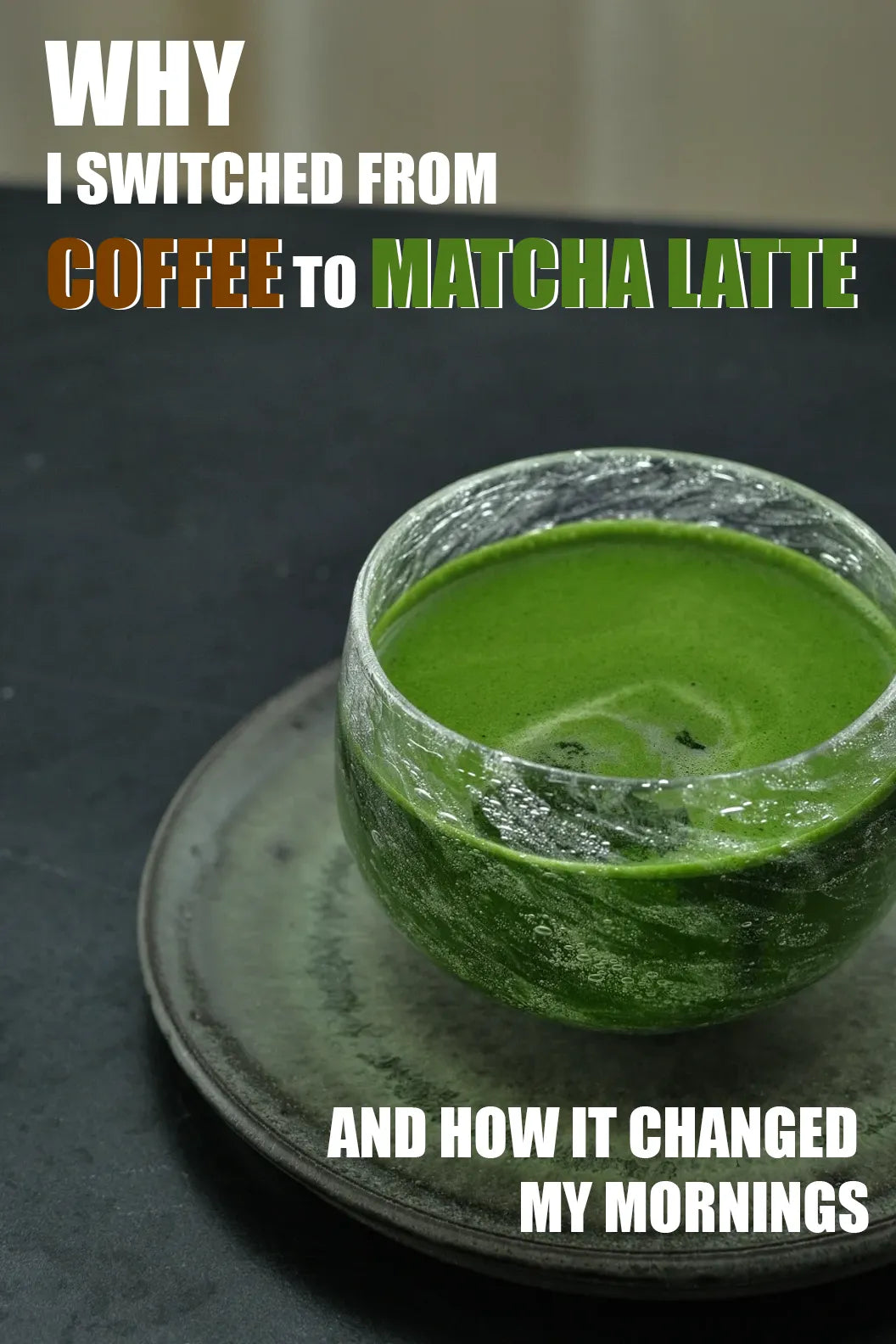
Matcha tea has earned a loyal following among wellness enthusiasts—but can it really help you shed unwanted pounds? While no tea is a miracle cure, emerging research suggests that matcha might play a useful role in a healthy weight loss strategy. In this article, we’ll dive into what science says about matcha and fat loss, how it affects your metabolism, and how to include it safely in your routine.
1. What Is Matcha, and Why Is It Special?
Matcha is a powdered green tea made from shade-grown Camellia sinensis leaves. Unlike traditional green tea where you steep and discard the leaves, drinking matcha means consuming the entire leaf—providing a more concentrated dose of nutrients and antioxidants, particularly catechins like EGCG (epigallocatechin gallate).
If you’re new to matcha, start here to learn about its full health benefits:
👉 Leafmill Matcha Tea Benefits
2. The Science: Can Matcha Boost Fat Burning?

Several studies suggest that matcha and its key antioxidant, EGCG, may increase fat oxidation during exercise and at rest.
✅ Key Study #1:
A study published in The American Journal of Clinical Nutrition found that consuming green tea extract high in catechins significantly increased 24-hour energy expenditure and fat oxidation in men.
👉 Source
✅ Key Study #2:
A 12-week randomized controlled trial published in Obesity found that participants who consumed green tea extract experienced greater fat loss, especially in abdominal areas, compared to placebo.
👉 Source
While matcha isn’t identical to green tea extract, it’s rich in similar catechins and caffeine—which together may support thermogenesis (heat production) and fat metabolism.
3. Matcha’s Role in Appetite Regulation
Some research suggests that caffeine and EGCG may help reduce appetite or delay gastric emptying, which can lead to a reduced caloric intake over time.
📌 However, this effect is modest and varies between individuals. Matcha is not an appetite suppressant—it’s best viewed as a tool, not a solution.
4. Does Matcha Increase Metabolism?
Yes—but moderately.
A small clinical study showed that green tea with caffeine boosted resting metabolic rate by about 4% over 24 hours.
👉 Source
This effect is similar to burning an extra 80–100 calories per day. Not massive—but over weeks and months, it can contribute to long-term weight maintenance.
5. When to Drink Matcha for Best Weight Loss Results

-
🕗 Morning: Boosts metabolism and alertness
-
🏋️ Pre-workout: Enhances fat oxidation during exercise
-
🍽️ Between meals: Can help manage hunger levels
Matcha is most effective when combined with a balanced diet, regular physical activity, and proper hydration.
6. How Much Matcha Should You Drink?
For weight management, studies suggest 1–2 servings per day (1g–2g matcha powder) is sufficient.
⚠️ Avoid excess—matcha contains caffeine (~35mg per gram), and too much may lead to insomnia, anxiety, or digestive issues.
7. Final Thoughts: Should You Use Matcha for Weight Loss?
Matcha won’t magically melt fat, but it can be a helpful addition to a healthy lifestyle:
-
✅ May support fat burning
-
✅ Modestly boosts metabolism
-
✅ High in antioxidants
-
✅ Natural source of energy
By choosing high-quality, shade-grown matcha like Leafmill Matcha, you can enjoy both the wellness benefits and the flavor of this traditional tea.
Ready to try matcha?
Explore our collection of ceremonial-grade matcha and start your wellness journey the natural way.



